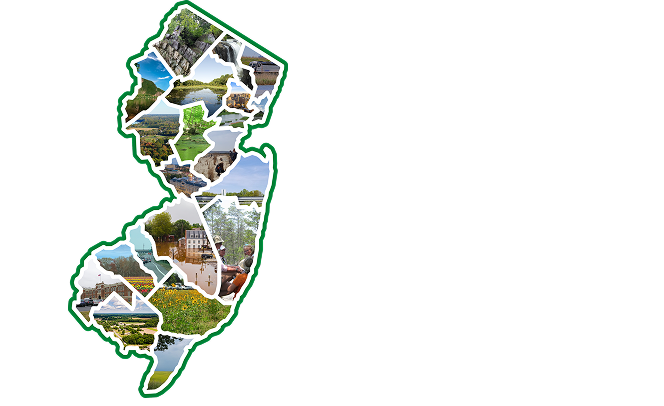Active banners: 0 Visible banners: 0
Science in Media Lesson
Created by Teacher(s): Greta Stacy|Published on: August 26, 2022
Lesson Plan Created by SubjectToClimate teachers
9101112
Synopsis
In this lesson, students analyze how misinformation about climate change spreads in different forms of media.
Step 1 - Inquire: Students analyze a Google Image search of scientists and discuss true/false statements about the nature of science.
Step 2 - Investigate: Students work in groups using provided resources to answer the question, “Why are some people climate change skeptics?”
Step 3 - Inspire: Students select and analyze a piece of media for the accuracy of its climate science and discuss the effect on its audience.

Teaching Materials
Lesson Plan Preview
Accompanying Materials
Scientist Notes
Teaching Tips
Standards
Teacher Writer

Greta Stacy
Education Specialist
Reviews
All resources can be used for your educational purposes with proper attribution to the content provider.




